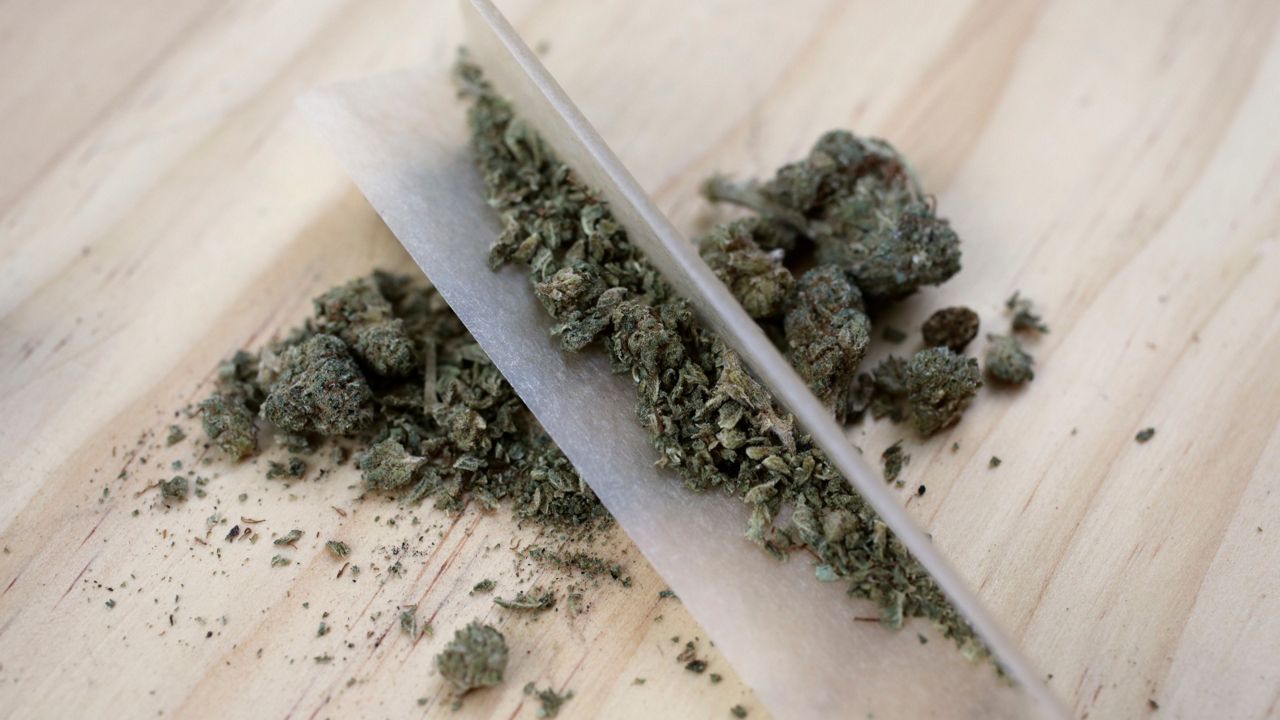CLEVELAND (AP) — Cleveland officials have asked city judges to expunge 4,000 minor misdemeanor marijuana convictions, joining other U.S. cities, counties and states that have made similar moves.
City officials filed motions with the Cleveland Municipal Court on Wednesday to expunge the records of those convicted of possessing 20 grams (0.7 ounces) of marijuana or less dating back to 2017. They say the expungements will remove barriers because those with cleared criminal records no longer will have to report convictions on applications for jobs or licenses.
“Today’s event shows our commitment in the city of Cleveland to advancing criminal justice reform,” Mayor Justin Bibb said. “But it also gives folks all across the city and across this region a second chance at getting a good job and the quality of life that they deserve.”
Cleveland officials also asked that cases be expunged for 455 people mistakenly prosecuted after the passage of a 2020 city law calling for no fines or jail time for those caught with less than 200 grams (7 ounces) of marijuana.
Governments around the country have moved to expunge marijuana convictions as a way to counteract years of drug enforcement policy that unequally affected minorities. According to the Collateral Consequences Resource Center, seven Democrat-leaning states — California, Colorado, New Jersey, New Mexico, New York, Virginia and Vermont have included the automatic expungement of some marijuana convictions into laws while legalizing recreational marijuana.
In December 2020, nearly 500,000 criminal records in Illinois were automatically cleared of minor pot convictions from 2013 to 2019 after marijuana was legalized in the state.
Birmingham, Alabama, issued a blanket pardon to 15,000 people in April 2021 who had been convicted of misdemeanor marijuana offenses dating back to 1990.
Ohio, like most states, has legalized medical marijuana sales but not recreational use.
In December 2020, nearly 500,000 criminal records in Illinois were automatically cleared of minor pot convictions from 2013 to 2019 after marijuana was legalized in the state.
